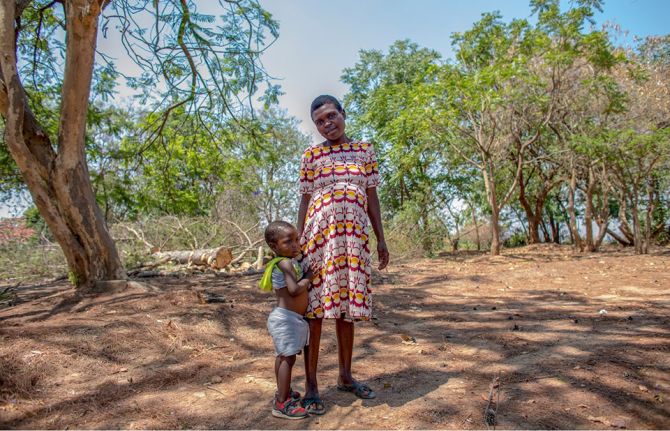

Press Statement
UNAIDS welcomes parliament’s decision to repeal the law that criminalizes HIV transmission in Zimbabwe
18 March 2022 18 March 2022GENEVA, 18 March 2022—UNAIDS congratulates Zimbabwe’s parliament for repealing section 79 of the Criminal Law Code, which criminalizes HIV transmission. A new marriage bill adopted by parliament that repeals the criminal code section is to be signed into law by the president. The criminalization of HIV transmission is ineffective, discriminatory and undermines efforts to reduce new HIV infections. Such laws actively discourage people from getting tested for HIV and from being referred to the appropriate treatment and prevention services.
“Public health goals are not served by denying people their individual rights and I commend Zimbabwe for taking this hugely important step,” said UNAIDS Executive Director, Winnie Byanyima. “This decision strengthens the HIV response in Zimbabwe by reducing the stigma and discrimination that too often prevents vulnerable groups of people from receiving HIV prevention, care and treatment services.”
UNAIDS has worked closely with Zimbabwe’s National AIDS Council, Zimbabwe Lawyers for Human Rights, parliamentarians, civil society activists and communities to advocate for the repeal of the law criminalizing HIV. Overly broad and inappropriate application of criminal law against people living with HIV remains a serious concern across the globe. More than 130 countries worldwide still criminalize HIV non-disclosure, exposure and transmission through either specific or general criminal legislation.
In 2019, Zimbabwe completed a legal environment assessment, which identified the criminalization of HIV transmission as a barrier to health care and a driver of stigma and discrimination for people living with HIV and other key populations. Since then, the United Nations Development Programme has worked with key populations and other stakeholders, convening meetings with parliamentarians and other partners to advance the recommendations of the legal environment assessment.
In 2018, UNAIDS, the International Association of Providers of AIDS Care and the International AIDS Society convened an expert group of scientists who developed an Expert Consensus Statement on the Science of HIV in the Context of Criminal Law. The statement calls on the criminal justice system to ensure that science informs the application of the law in criminal cases related to HIV.
Zimbabwe has made great progress in the response to HIV over the past decade. It is estimated that 1.2 million of the 1.3 million people living with HIV in the country are now on life-saving medicines. AIDS-related deaths have decreased by 63% since 2010, with new HIV infections down by 66% over the same period.
UNAIDS
The Joint United Nations Programme on HIV/AIDS (UNAIDS) leads and inspires the world to achieve its shared vision of zero new HIV infections, zero discrimination and zero AIDS-related deaths. UNAIDS unites the efforts of 11 UN organizations—UNHCR, UNICEF, WFP, UNDP, UNFPA, UNODC, UN Women, ILO, UNESCO, WHO and the World Bank—and works closely with global and national partners towards ending the AIDS epidemic by 2030 as part of the Sustainable Development Goals. Learn more at unaids.org and connect with us on Facebook, Twitter, Instagram and YouTube.
